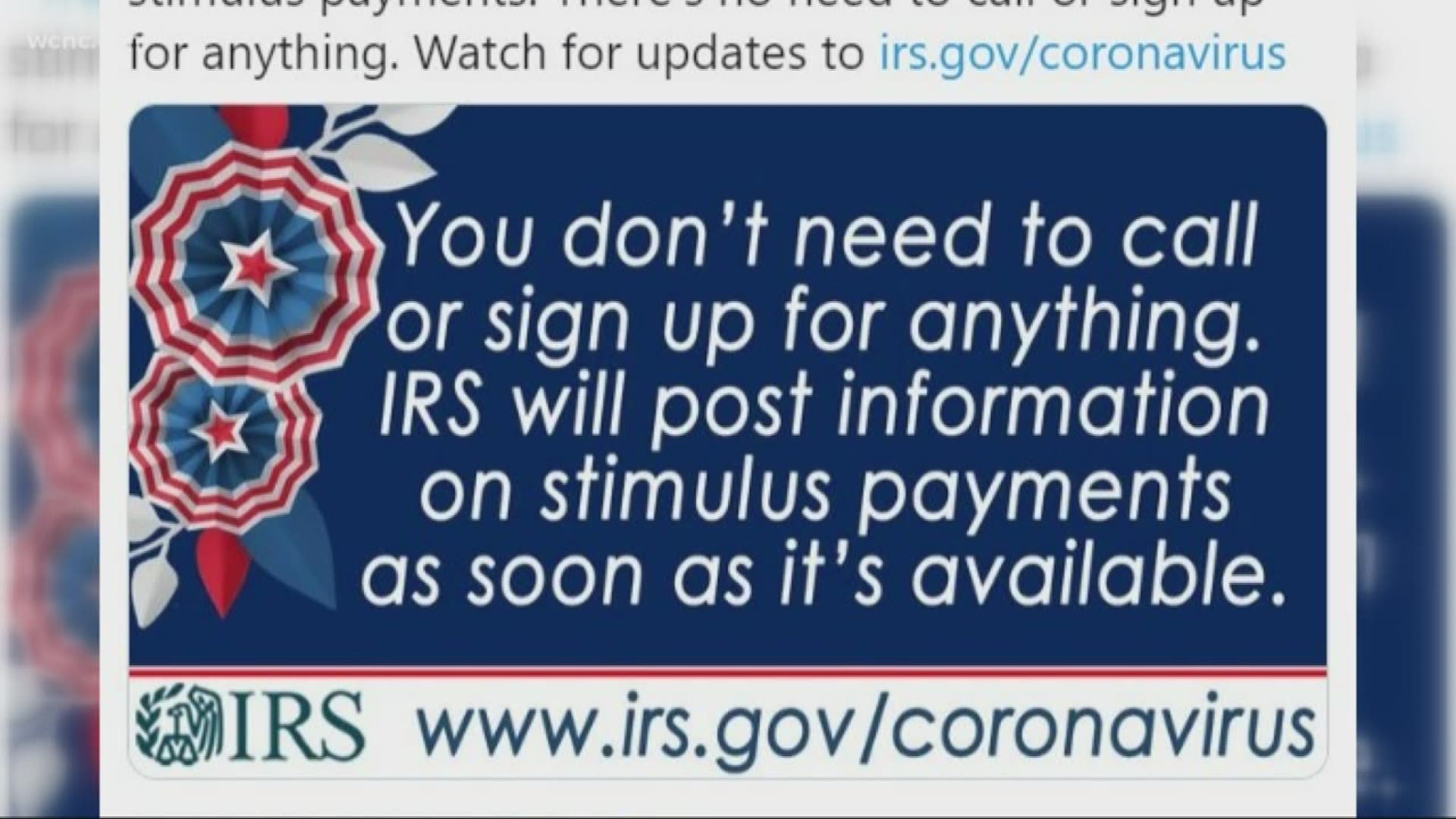CHARLOTTE, N.C. — The FBI says scammers always look for the latest event or disaster to latch onto and weave their lies around, and coronavirus is their hook right now. That's why the agency says now is the time to be extra vigilant about any non-official communications and claims you receive about COVID-19.
"They know that people are just hungry for any information that is confirmed and the latest with this situation, and so they're using that to their advantage," says Shelley Lynch, with the Charlotte division of the FBI.
Your money and personal information is what the scammers are after, and they will try to get it various ways.
"You may get phishing emails, you could get phone calls, text messages," says Lynch.
According to the FBI, there's been an increase in coronavirus-related scams and communications lately, and they're promising things like charity, stimulus or financial help, fake cures, vaccines, and test kits. Scammers have even tried to hawk counterfeit personal protective equipment and sanitizing products.
Now that many are eager to get their stimulus checks, too, the desire to believe false promises can grow.
"Anyone that's promising to help you right now to get your stimulus check and to get it faster is absolutely a scammer," says Lynch.
Just the other day, the IRS tweeted that same information, too, adding, "There's no need to call or sign up for anything."
It directed people to a dedicated coronavirus web page for official stimulus check updates.
Monday night, the IRS tweeted again: "... distribution of economic impact payments will begin in the next three weeks with no action required for most people."
Lynch says, in general, it's good to be skeptical of any unsolicited communications. Even scam emails can look like they're coming from a legitimate organization like the WHO or CDC. She says you can hover your mouse over the sender's email address to see who is really emailing you.
Also, she says to avoid clicking any links in an unsolicited message. Instead, go to the organization's website independently and verify the information yourself.
To report an internet-related scam to the FBI, visit https://www.ic3.gov/default.aspx. According to Lynch, reports help the FBI track what popular scams and what their methods are, so it can warn the public.

